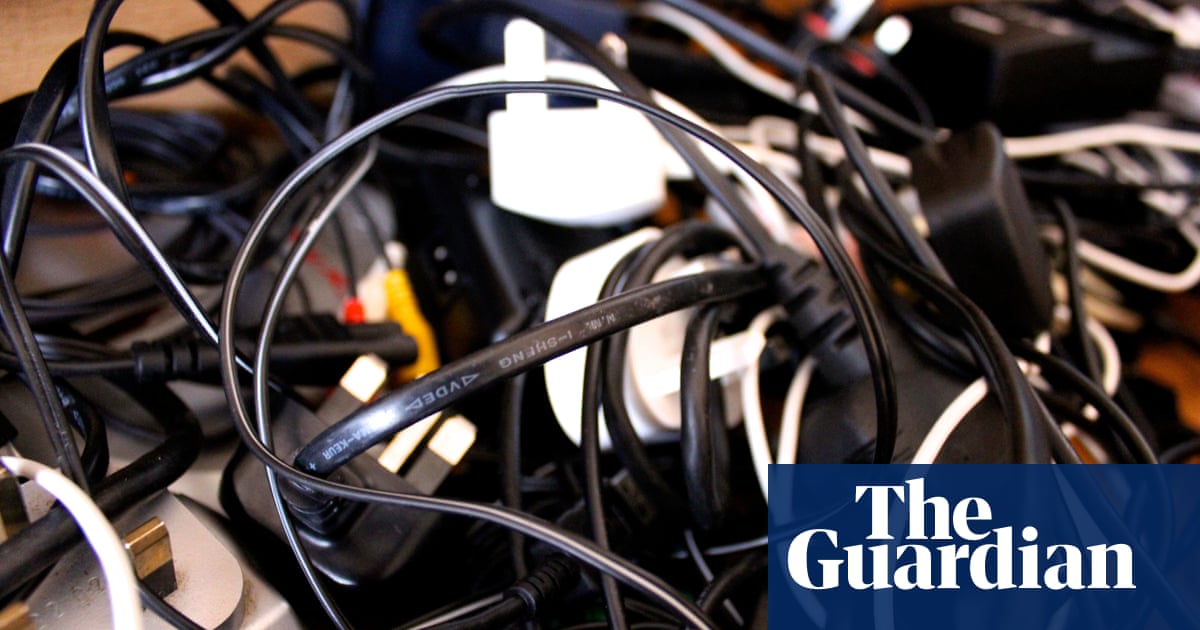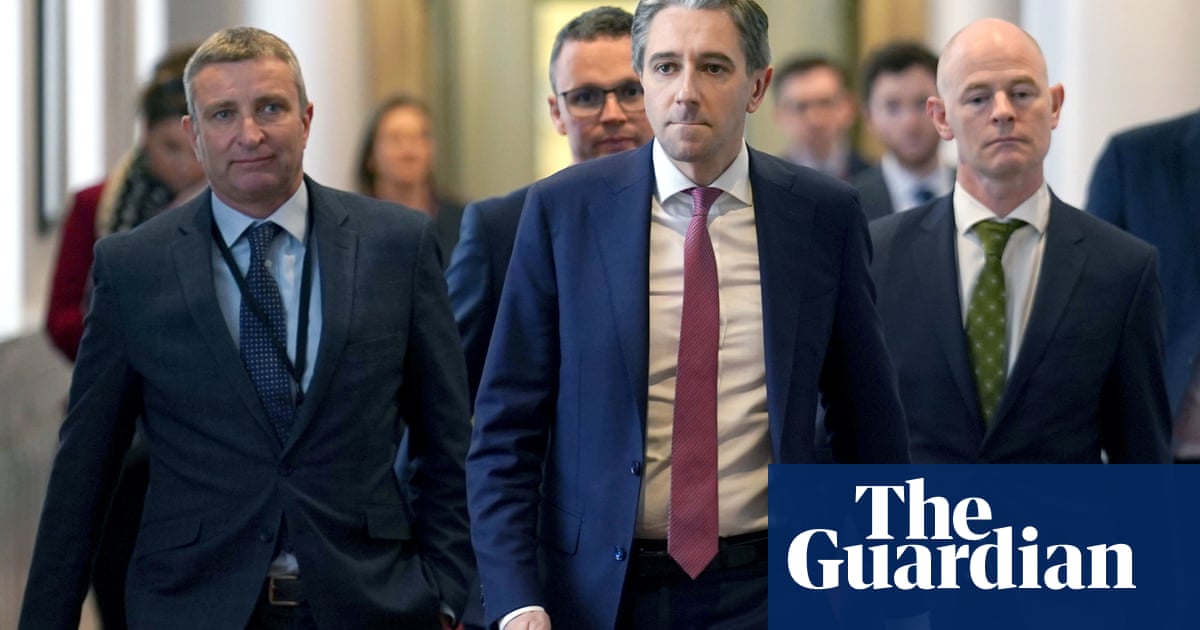
Consumers will soon be able to check where their energy is coming from hourly, and get a discount on bills if they use electricity when renewables are in surplus.
Under plans by the startup Granular and energy giants including Elexon and National Grid, energy companies will allow UK consumers to track their power source.
This could help the country reduce emissions, as it will be easier for people to choose energy companies that are transparent about exactly how much renewable energy they use.
Because there are times of day when renewable energy is less available – for example when it is less windy or sunny – consumers could be incentivised to use power when it is in oversupply by offering a discount on their bills. This could lead to less gas being used.
The current system is based on annual matching, in which the energy provider looks at the previous year’s energy use and matches it with the equivalent amount of renewable energy, but there is a growing trend to move to hourly matching instead. Companies including Google and Microsoft have been calling for the move as it could lead to organisations being able to definitively say they use renewable energy 24/7.
It will also increase consumer demand, say experts, as they will be able to choose more renewable options. This is likely to lead to companies investing in renewables, and in battery technology for more efficient storage.
Toby Ferenczi, a co-founder of Granular, said consumers could be seeing this change by the end of the year. He said: “Long term, what this is enabling an acceleration towards a completely carbon-free grid as it is harnessing consumer spending power to source energy from carbon-free sources each hour.
“This drives investment in not just renewables but in energy storage and flexibility. Eventually customers will be able to buy green energy from their energy supplier by the hour.”
He said the method could allow people to get discounts on their bills. “It’s an incentive for load shifting and demand response so we want to provide a revenue stream for people who do that – renewable energy should be cheap when it’s in oversupply and more expensive when undersupplied, so it would give an incentive for consumers to shift their demand towards when it’s oversupplied.”












